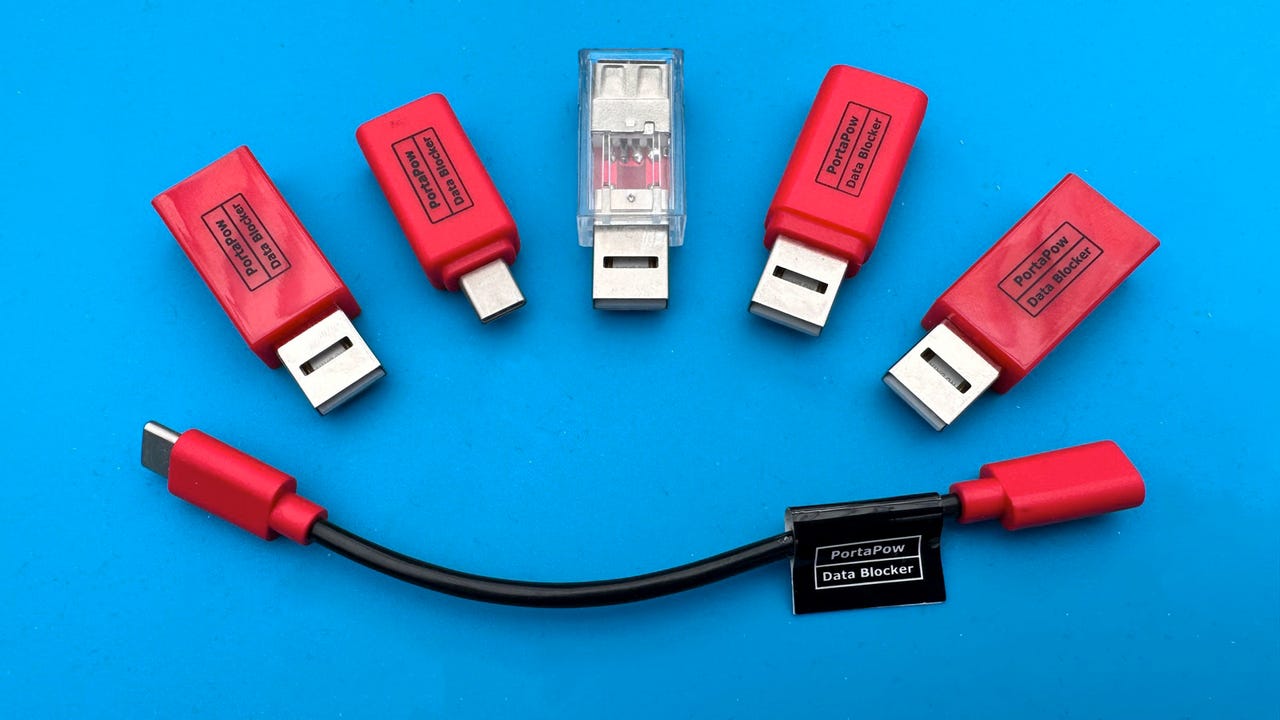'ZDNET Recommends': What exactly does it mean?
ZDNET's recommendations are based on many hours of testing, research, and comparison shopping. We gather data from the best available sources, including vendor and retailer listings as well as other relevant and independent reviews sites. And we pore over customer reviews to find out what matters to real people who already own and use the products and services we’re assessing.
When you click through from our site to a retailer and buy a product or service, we may earn affiliate commissions. This helps support our work, but does not affect what we cover or how, and it does not affect the price you pay. Neither ZDNET nor the author are compensated for these independent reviews. Indeed, we follow strict guidelines that ensure our editorial content is never influenced by advertisers.
ZDNET's editorial team writes on behalf of you, our reader. Our goal is to deliver the most accurate information and the most knowledgeable advice possible in order to help you make smarter buying decisions on tech gear and a wide array of products and services. Our editors thoroughly review and fact-check every article to ensure that our content meets the highest standards. If we have made an error or published misleading information, we will correct or clarify the article. If you see inaccuracies in our content, please report the mistake via this form.
Protect your data with a USB condom

A selection of PortaPow USB condoms, also known as data blockers
There are three things that I make sure I do when I'm out and about. I seek out the best coffee I can find. I make sure I use a VPN when using public Wi-Fi, and I always make sure I use a USB data blocker, otherwise known as a USB condom, whenever I use a third-party charger (such as those you find in coffee shops).
OK, first off, what on earth is a USB condom?
Also: FBI warns of public 'juice jacking' charging stations that steal your data. How to stay protected
A USB condom is a small dongle that adds a layer of protection between your device and the charging point you're attaching it to.
Remember, USB isn't just a charging protocol, it also allows data to flow back and forth, and while most of the time this data flow is safe, it is possible to create a malicious charging port that can do bad things, such as plant malware on your device or steal your data.
And it's not just chargers. You can make cables that can carry out all sorts of malicious activities.
All these devices here can be used to do bad things to devices.
O.MG cables and dongle can be used to attack unsuspecting devices
And don't think you can look at these cables and see the hacking wizardry inside -- you can't! They're so easy to mix up with other cables that I keep the little orange tag on them to prevent them from getting mixed up with my regular cables.
These "attack cables" are indistinguishable from standard cables, so much so that I have to mark them with an orange tag
So, back to the USB condom data blockers.
Sold by PortaPow, these are a super-simple, cheap solution to the potential problem of using untrusted USB charging devices. Just plug it into a port, and any and all potential data transfer between the charger and your device is severed, putting an air gap between the USB port and your smartphone, laptop, or whatever you are charging.
There are data blockers for USB-A-to-USB-A, USB-A-to-USB-C, and USB-C-to-USB-C.
For the super-paranoid, there are also transparent data blockers, the idea being that you can tell if they've been tampered with in any way.
Transparent data blocker -- perfect for those who are super-paranoid (or just really careful!)
The job of the USB condom is simple -- to turn any USB port into a charge-only port by blocking all the data lines. Sure, you could make one yourself from a USB cable (slice it up and cut the data cables), but with these bespoke data blockers costing only about $7, it really doesn't seem worth the hassle.
It's worth bearing in mind that while a data blocker can prevent data transfer, the port might still be able to damage a device, either through damage or misconfiguration, or malicious tampering. For example, devices such as those from USB Kill can be used to, well, kill devices that are connected to them by sending high voltage through the USB port, frying the delicate electronics.
Nasty!
Data blockers can't protect against USB Kill attacks
If you must use a charger, cable, or charging port that isn't under your control, it makes sense to use a USB condom. If you want an extra layer of protection, take your own charger or power bank (or a charger that's also a power bank, such as the Anker 733) with you and use your own cables.
